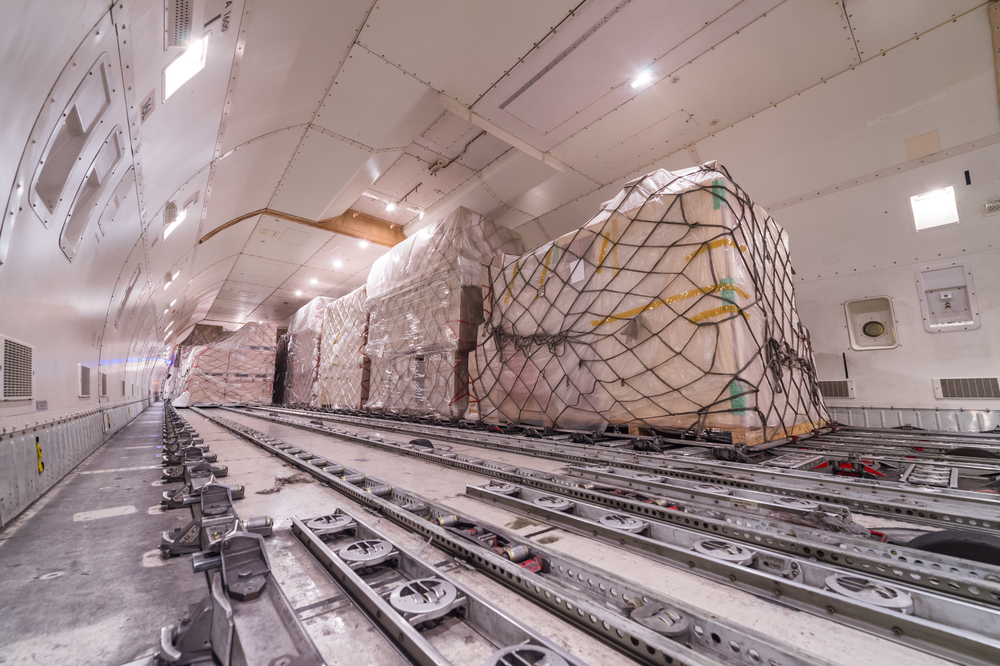Expeditors the latest to outline ongoing air cargo constraints
28 / 07 / 2021

Credit: tratong/ Shutterstock
Congestion and capacity shortages in air cargo are expected to continue as the industry deals with the impact of ocean shipping chaos, heightened demand and lost belly capacity, according to
Speaking on a company podcast, Blacker described the freight market as an eco-system with issues in one mode of transport having a knock-on effect in other modes.
The ongoing issues in ocean shipping — with container shortages, port congestion, delays and record prices — was pushing demand over to airfreight.
She said that higher prices in ocean shipping were also helping make air a more attractive option.
According to IATA, the average cost of air cargo in May was six times more expensive than seafreight, compared with 12 times more expensive pre-crisis.
Figures from Freightos show that ocean rates from China to the US west coast in the first week of July stood at $6,533 per 40ft unit, a 151% increase on a year ago. From China to the US east coast prices were up 209% at $10,30 per 40ft unit.
Blacker said that another issues faced by air cargo is airports suffering with congestion as airlines consolidate services at the main hubs, which in turn concentrates cargo volumes at these locations.
On the return of bellyhold capacity, expectations are that it will not return to pre-pandemic levels until 2024, which means constrained cargo capacity until then, she said.
And demand levels are expected to remain high: “
Blacker is not the only person to predict ongoing capacity constraints in air cargo.
After announcing its latest quarterly results, Kuehne+Nagel (K+N) said that it also expects airfreight capacity shortages to last into next year.
The forwarder’s chief executive Detlef Trefzger said that Asian exports continued to grow strongly while passenger belly capacity was short of previous levels.
He doesn’t expect a return of belly capacity to previous levels globally until 2023 or 2024.
K+N would therefore utilise charters and block space to meet demand.
FedEx also indicated it is not expecting a full recovery in air cargo capacity until 2024.
The express giant said that trade volumes have surpassed pre-pandemic levels and are on course for the fastest year of growth in over a decade.














